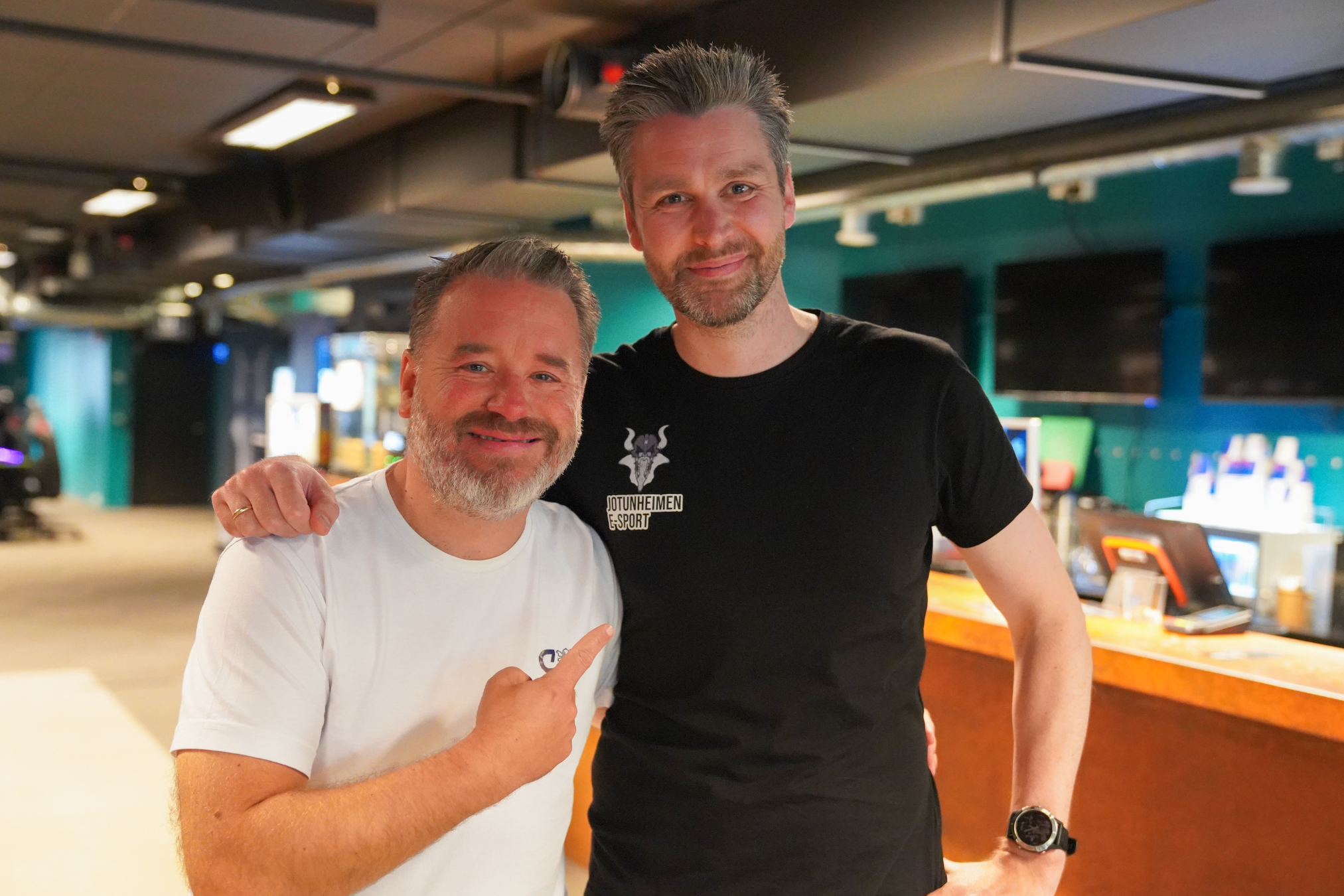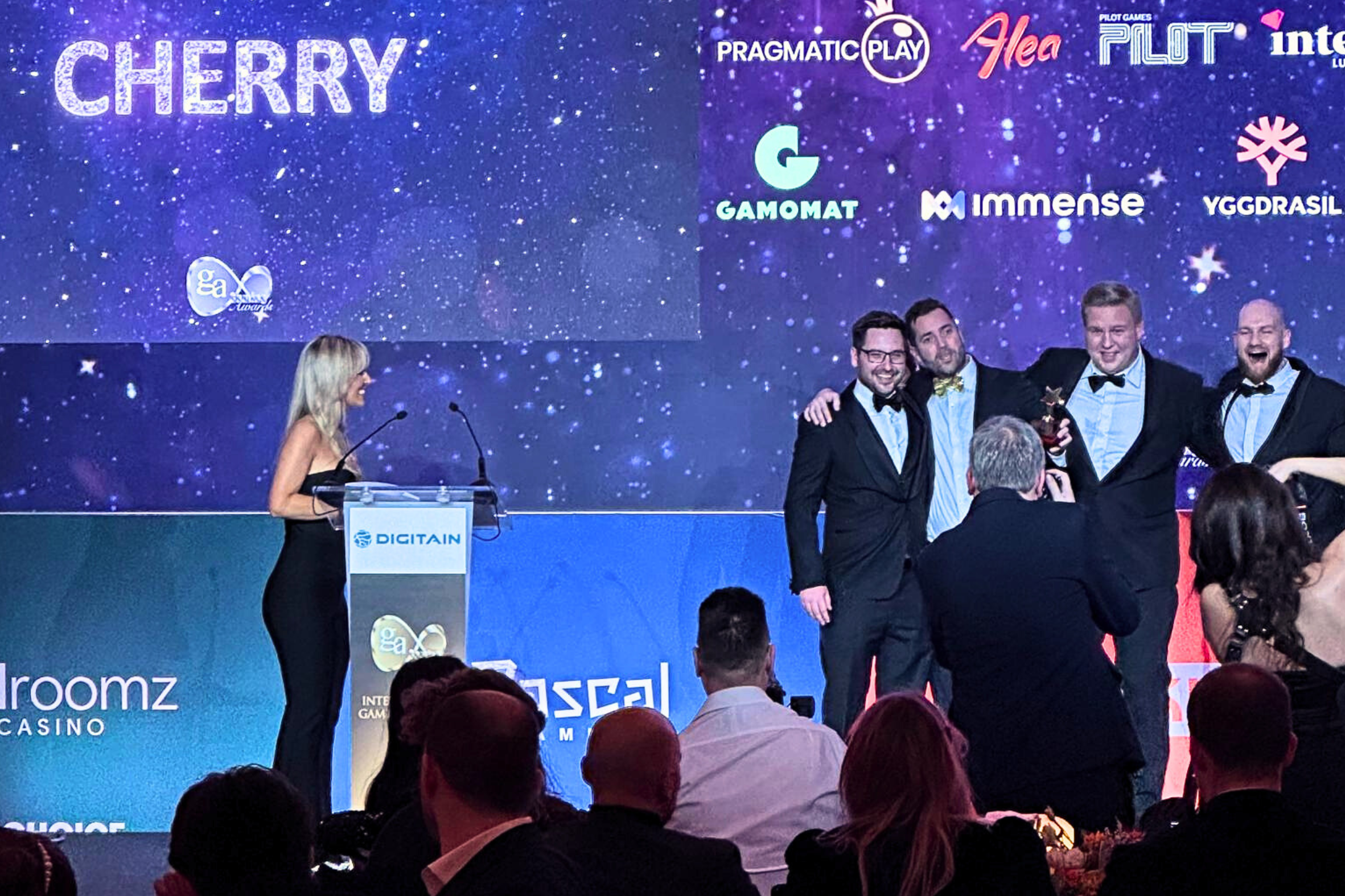
.png)
Filippa Kuhnle Sekkelsten
.png)
August 18, 2025
Jotunheimen E-sport: Gaming as an arena for achievement

“Our workdays consist of many different things, but one project stands out – the collaboration with Trondheim Prison, where we use gaming as a motivational factor,” says Alex Hole, CEO of Jotunheimen E-sport.
For many inmates, daily life is marked by regret, shame, and isolation. Several choose to spend most of their time alone in their cells, which can trap them in their own thoughts. The correctional services therefore wanted to try gaming as a tool to get inmates more engaged in the community. Twice a week, Jotunheimen E-sport is present in the prison to create a different and more inclusive daily life.
Gaming as a Tool for Achievement
Through gaming, inmates are given the opportunity to showcase skills, experience achievement, and feel part of something larger. “In games, they become good at critical thinking, teamwork, and structure. The goal is to create a sense of security and achievement, so they can imagine a life beyond the walls and perhaps make different choices in the future,” says Alex.
One inmate said:
“When I get out now, I feel like I’ve leveled up, just like in games. If my friends around me don’t want to level up with me, then we can’t be friends.”
It’s about making good choices for oneself and not falling back into old patterns.
For Alex, such statements show that the project is actually helping to change mindsets and create new ambitions for the future.
An arena for everyone
Jotunheimen E-sport is more than just a gaming center. Here you’ll find shuffleboard, board games, cornhole, consoles, a bar, and a wide range of activities. The goal is to create an inclusive environment across ability levels, age, ethnicity, and gender. “We say we want to be a place for everyone, and that means we must also show it in practice, not just words.”
Whether you’re a professional football player, gamer, or business leader, everyone seeks achievement and belonging. Jotunheimen E-sport provides exactly that—on an arena that is inclusive by nature.
The road ahead – National expansion and more research
Lars-Tore, an energetic driving force at Jotunheimen, sees great potential in expanding their concept:
“The next step is to establish more centers in other parts of the country and ensure that gaming as an arena for achievement gets more attention. Through our own research, and that of others working with similar initiatives, we see incredibly strong results—both with young people and adults.”
He highlights how gaming can reveal and develop soft skills—abilities that often don’t fit neatly into traditional school systems. “We’ve seen children described as weak in math and English speak fluent English through gaming. There are enormous resources out there that need to be recognized.”
The goal is clear: More arenas for achievement, fewer left behind, and greater recognition of the valuable skills that exist—even outside traditional frameworks.
Sources, and interesting articles if you want to gain deeper knowledge:
https://influencermarketinghub.com/influencer-marketing-benchmark-report/
https://thesocialshepherd.com/blog/influencer-marketing-statistics
https://influencermarketinghub.com/influencer-marketing-roi/
https://finance.yahoo.com/news/influencer-marketing-platform-market-size-153000046.html
https://www.thinkwithgoogle.com/intl/en-154/marketing-strategies/video/video-trends-and-culture/?





